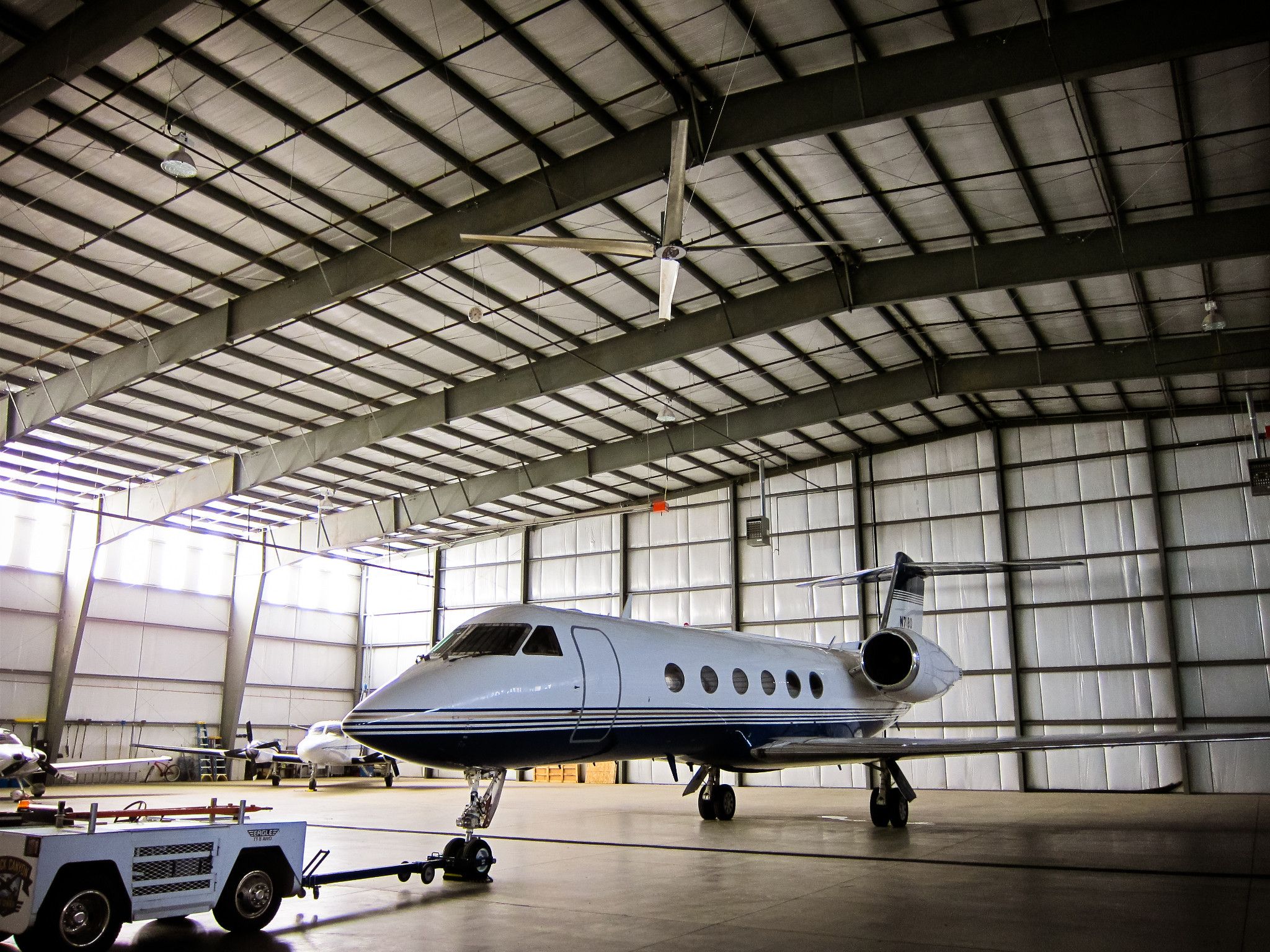Aviation
Benefits
The FAA receives more than 10,000 reports of bird strikes per year, at a cost of $600 (€560) million to civil aviation. Aircraft hangar fans discourage birds from nesting in the hangar, reducing the risk of bird strikes and eliminating nests and droppings inside the hangar. Additionally, the sheer number of fans needed is dramatically decreased. Banyan Air went from 24 floor fans and three exhaust fans to using just three Revolution Fans between its two buildings (18,000 square feet and 24,000 square feet, respectively).
Banyan Air Service was able to not only improve air movement at their southern Florida aircraft facility with our Revolution fan, but the fan also acts as a bird deterrent that helps eliminate the dangers birds present to aviation facilities.
Need more info?
Fill out the form below and one of our reps will reach out to you.
improving industrial safety, security and productivity worldwide THROUGH QUALITY AND INNOVATION

WANT MORE INFORMATION?
Fill out the form below and one of our reps will reach out to you.
Thank you for filling in the form.
Someone from our team will be in touch with you shortly.
